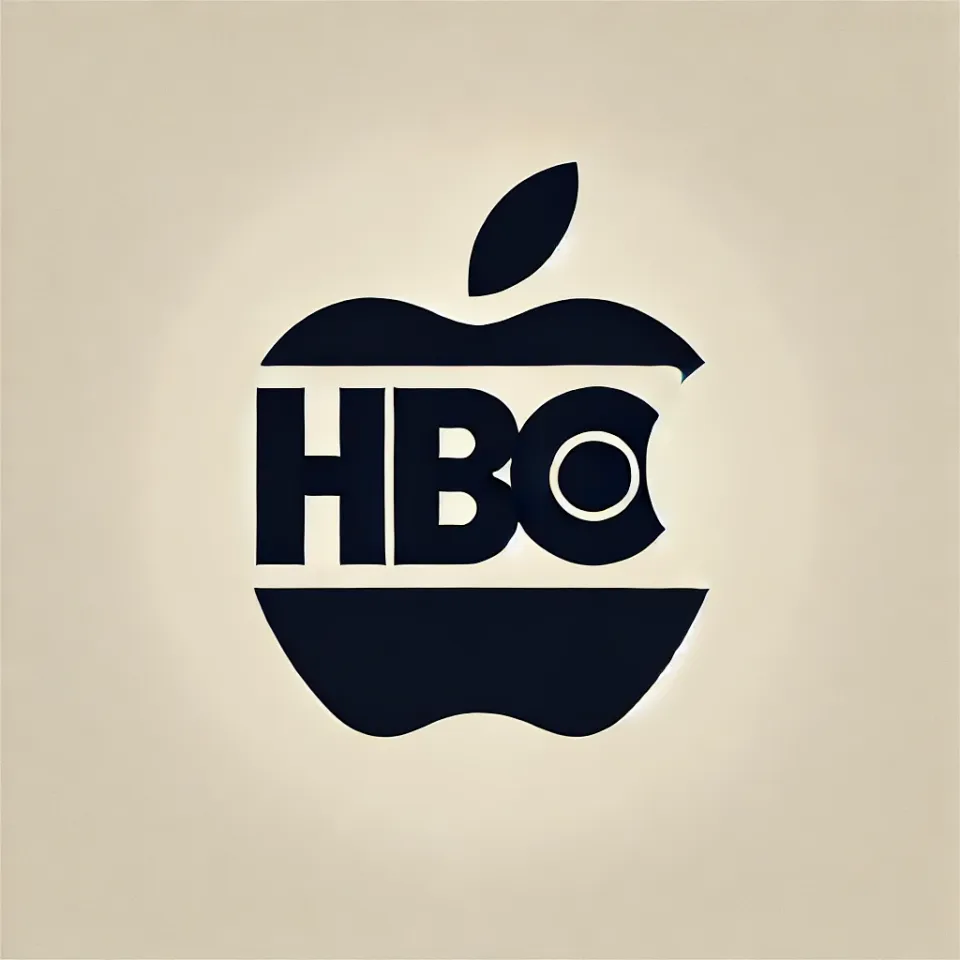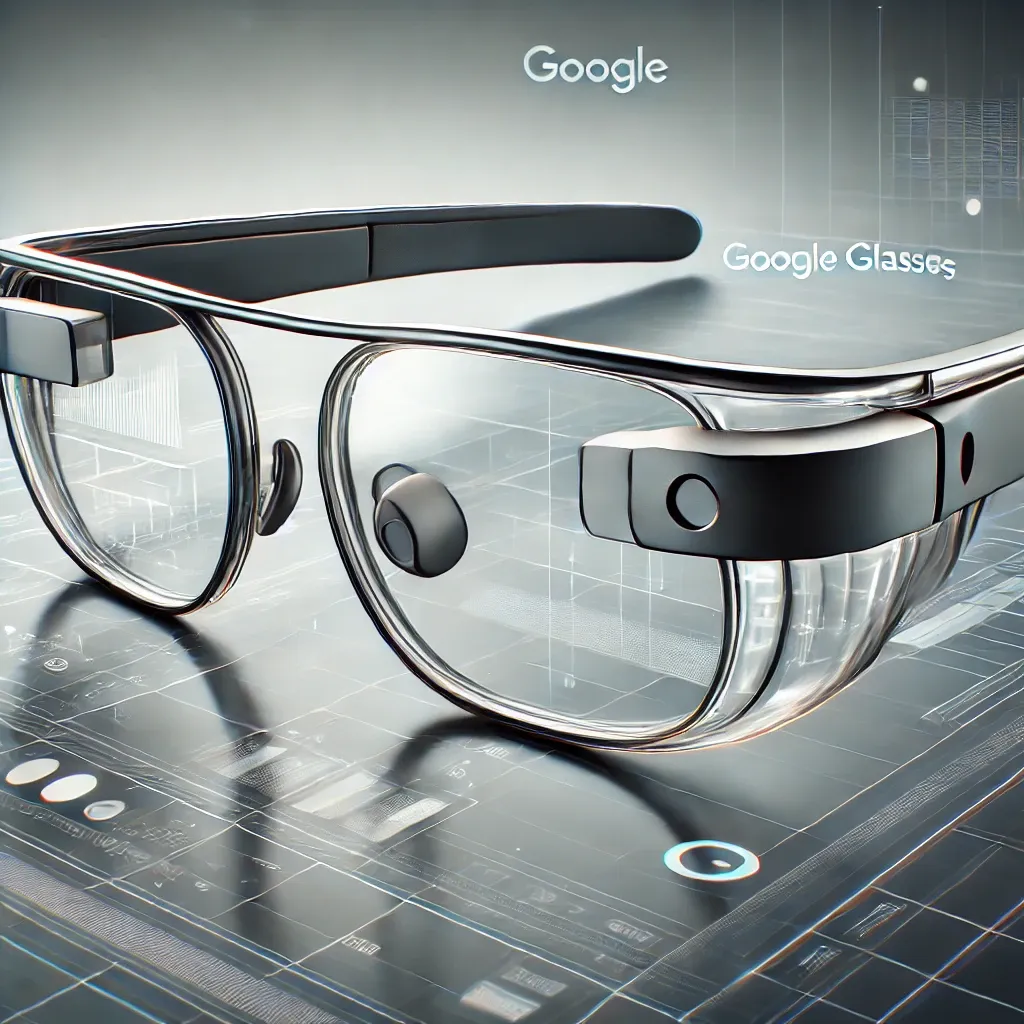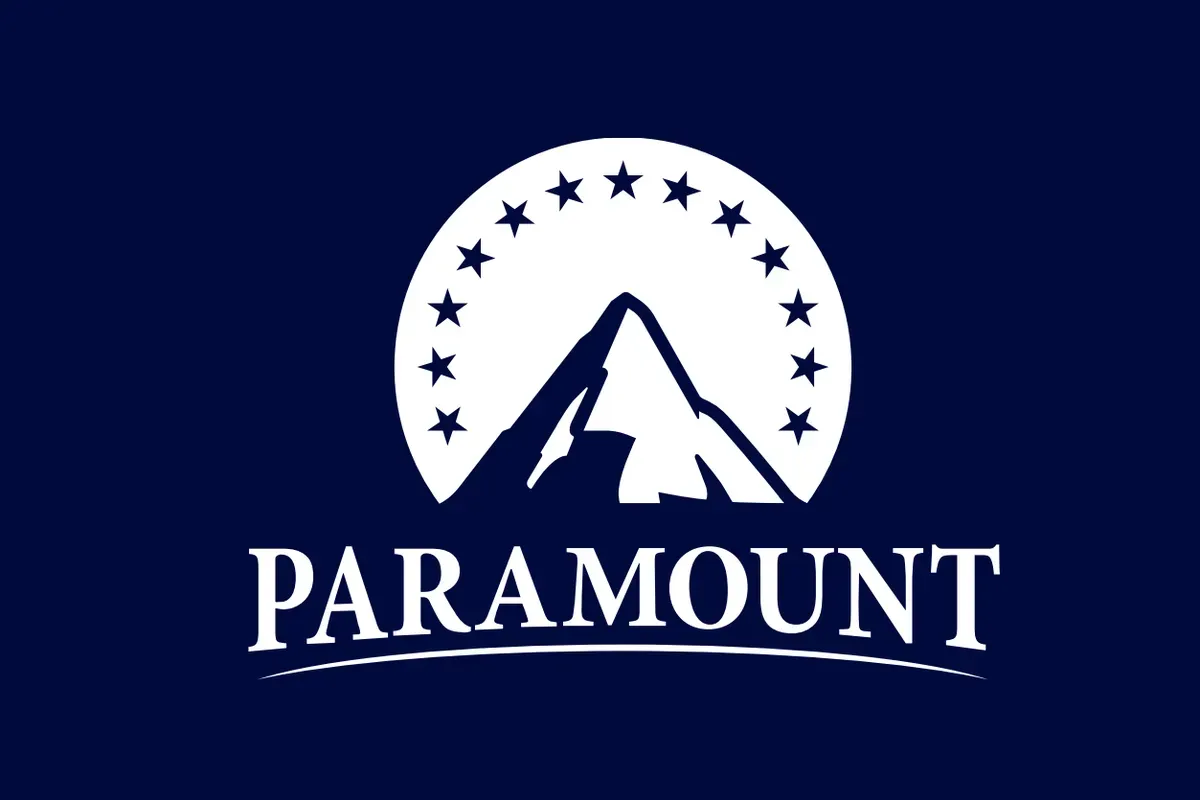Apple Should Buy HBO

Two problems: Apple needs content, Warner Bros Discovery needs money.
One solution: Apple has money, WBD has content.
Come on folks, this isn't rocket science. It's not any kind of science. It's business. Well, as much as show business actually is still a legitimate business. A distinction which seems tenuous at best for most companies these days. See: below.
Anyway, this is about as obvious as such things come. Literally two reports from today outline the problems and as such, showcase the solution. First, Maria Heeter, Antoine Gara, Sujeet Indap, James Fontanella-Khan, and Christopher Grimes – yes, there are five bylines on this report – for The Financial Times:
Warner Bros Discovery has discussed a dramatic plan to split its digital streaming and studio businesses from its legacy television networks as the US media giant behind CNN and HBO weighs options for boosting its sagging share price.
People familiar with the matter said chief executive David Zaslav was examining several strategic options, ranging from selling assets to hiving off its Warner Bros movie studio and Max streaming service into a new company unburdened by most of the group’s current $39bn net debt load.
Next, Lucas Shaw and Thomas Buckley – just two reporters needed here – for Bloomberg:
Apple Inc. is having discussions about licensing more films from major Hollywood studios as it looks to bolster its Apple TV+ streaming service, people familiar with the matter said.
The iPhone maker has spoken to several of the largest studios about acquiring more programming from their libraries to offer customers both in the US and abroad, said the people, who asked not to be identified discussing private negotiations. A representative for Apple didn’t respond to a request for comment.
Interestingly enough, I wrote about these two entities nearly five years ago on the eve of the launch of Apple TV+ with a post entitled: HBO’s Corpus of Content and Apple’s Lack Thereof. The premise was that AT&T, which owned HBO at the time, was on the verge of hurting that great brand by shoving all sorts of other back catalog content, mostly from Warner, into their new streaming service 'HBO Max'. While Apple was about to launch their own streaming service without basically any content because they had no back catalog.
Funny how it all comes back around sometimes.
The problem with Apple TV+ (at least from a business perspective and streaming value proposition) has never been quality, it has been and remains quantity. As I wrote back then:
So Apple essentially has a year to build up their corpus of content. And they’ll mask the reality as best they can by rolling out new episodes weekly (instead of in Netflix binge-style) and rolling out new shows presumably regularly.
Well, that "year" came and went about four years ago. Apple TV's library has naturally grown since then, but not nearly enough to compete in a meaningful way in the streaming market – back to the Bloomberg report:
While most other streaming services have offered customers a mix of splashy new series and deep libraries of old TV shows and movies, Apple has built its paid streaming service almost entirely around original productions. It has scored a few breakout hits, such as the soccer comedy Ted Lasso and the TV news drama The Morning Show, and this week received 72 Emmy nominations, the most in its history.
But the big hits have been few and far between and many of its original films, such this year’s spy action picture, Argylle, have been duds. Just 11% of US households use Apple TV+, compared with 55% for Netflix Inc., according to the research firm MoffettNathanson LLC.
Customers are far less likely to cancel a service that they watch more. Netflix, which offers thousands of titles, suffers the lowest rate of cancellation of major streaming video services, according to Antenna, while Apple TV+ is on the higher end.
Apple has been licensing other content here and there, notably, some big but older movies, but they still need to bulk up a more permanent catalog. This means either more such deals, constantly. Longer such deals at bigger volume. Or buying up actual content. Or all three!
While the former two models are perhaps more doable now thanks to the ending of the content arms race in Hollywood, with the major players recognizing that Netflix won and that they need to actually make money versus burning it on trying to scale content, as Wall Street has made clear. As such, they're once again licensing out content to those willing to pay. And Apple is willing to pay. But the latter model above – buying out content, may also be on the table now. Again, there's one player in particular who sure sounds like a seller...
As I wrote all those years ago:
HBO Max, on the other hand, will have plenty of content at launch. That’s thanks to not only the unquestionably fantastic HBO library, but much of the other Warner content, and some other random stuff they’ve signed deals with as mentioned above. That other content will range from choice to cruft. And AT&T will say this is fine because they’re playing the Netflix game, catering to all different kinds of tastes.
The problem, as I see it, is that Netflix is far, far, far better at this game. This is the game Netflix created, after all. AT&T is entering the arena from the side with all this existing content, but they’re going to have to get better at what Netflix actually does these days — create new great content at a breathtaking clip, to keep up.
Narrator: they will not be able to keep up.
Narrator: they were not able to keep up.
So much so that AT&T decided to exit that game and spun out all of Warner Bros, including HBO, to merge it in a sale to Discovery, and now we have Warner Bros Discovery as a result. And now that company has some untenable debt burdens as a result of that deal.
In walks the most valuable and profitable company in the world with an open checkbook. Who says no? I mean, maybe regulators. If nothing else, they'd look at any deal Apple was striking. But as a second-tier player at best in streaming/content right now, could they really block a deal to buy Warner Bros and/or Max and/or HBO from WBD?
Again, it's Apple, regulators will make the case against it. But with a new administration seemingly on the verge of coming into power – something WBD head David Zaslav is very excited about – there's perhaps more than a chance that Apple can do this.
And how fitting would that be? For years, I've been making the case that Apple TV+ is the new HBO. With such a deal, it would actually be HBO. But also Warner Bros with Harry Potter, DC Comics, and a whole host of back catalog content. You don't even have to squint to see this. Yes, the content business is a pain in the ass. But Apple has already been moving in this direction under Eddy Cue for years. It was clear five years ago that they needed to bulk up to compete in streaming, now it's imperative.
Beyond content for Apple TV+, Apple needs content for the Vision Pro. Pronto. It's the best selling point right now for the device and yet Apple trickles out new programming for it at a snails pace. If there's any hold up on Apple's end (beyond the usual acquisition headaches – Apple doesn't do many big deals for a reason – and the aforementioned regulatory issues), it might be a reluctance to take on some of the affiliated assets like CNN. Does Apple want to get into news? It sure doesn't seem like it! But perhaps that can be managed by cutting up any such deal into pieces going to Apple and other pieces going elsewhere.
Speaking of, it's still undoubtedly more likely that WBD strikes a deal with Comcast to merge Peacock with Max. Or perhaps there's still a way to merge Paramount+ with Max ahead of Skydance taking over the latter. I argued last week that Skydance should think about buying all of WBD (including, yes, HBO) post-Paramount in order to truly bulk up into one of the major players. These are more traditional deals and "synergies". But just as Amazon bought MGM, Apple can buy Warner Bros – and, importantly, HBO.
One more thing: As “Brad M” reminds us on Mastodon, Apple also signed an exclusive content deal in 2020 with… Richard Plepler. Given how much I wrote about Plepler previously as the key ingredient that made HBO work, I should have remembered this! So I looked up the deal, which seemingly expires next year. For Apple, it seems that Plepler has produced four shows/series: Blackbird, Lincoln’s Dilemma, Franklin, and The Problem with Jon Stewart.
That’s not exactly a home run slate — which is a pretty generous way to frame it. Blackbird was well-received but didn’t set the world on fire. Franklin got more buzz but was also more mixed. I had never heard of Lincoln’s Dilemma. And The Problem with Jon Stewart undoubtedly got the most buzz and chatter — for all the wrong reasons, sadly.
To be fair, Plepler’s upcoming projects include the Martin Scorsese-directed and Leonardo DiCaprio-starring The Wager (based on the David Grann novel). And the project Apple is working on with F1 driver Lewis Hamilton.
Anyway, perhaps Plepler would also welcome Apple bringing HBO into the fold to get the old band back together, as it were…
Update July 19, 2024:
One fun way to frame what WBD is floating:
The theoretical plan, as best as I can understand from the FT report, is to turn WBD into one "Goodco" — its (formerly known as HBO) Max streaming business and its Warner Bros. movie studio — and one "shitco" — all of its declining linear TV networks, including CNN, plus most or all of the $40 billion in debt WBD has taken on.
Who also reminds us:
Plus, separating HBO and the studio from traditional TV instantly makes those businesses attractive M&A targets, especially for tech companies that like content but don't want to own TV networks. Apple, most notably, inquired about buying HBO way back when its parent company was called Time Warner.
This notion, I believe, came from a 2016 report from the New York Post, so take that for what it's worth. And it obviously didn't happen. But that was also way before Apple TV+ existed so... I'm just saying there's perhaps more sense to it now.
Update to the Update:
Kafka weighs in to note the reference he was making was to a Financial Times report in 2016 (which, to be fair, was several months after the NYP story).
Regardless, no less than former Time Warner CEO Jeff Bewes subsequently verified Apple's interest back in the day...
Update August 12, 2024: Some extended thoughts on the matter...











